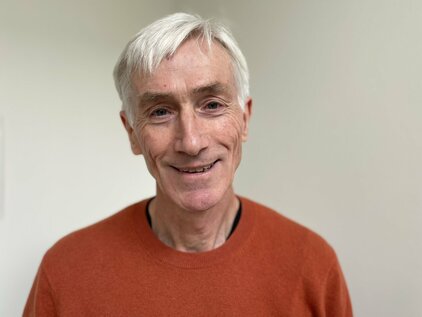The Danish Childhood Cancer Initiative
Program overview
The Copenhagen team operates a robust infrastructure that services half of Denmark with clinical sequencing as members of the cross regional east Danish genome center. Additionally, it also serves as a sequencing facility and bioinformatics development capacity for the National Genome Center under the national initiative for Personalized Medicine. A key strength of the Danish center is a fully integrated facility with synergy between high-throughput sequencing, bioinformatics and data processing, variant classification, clinical reporting, and research under the same department, sharing roof with clinical departments and medical doctors.
Expert team

Head of the Bioinformatics Team, Copenhagen University Hospital, Rigshospitalet, Center for Genomic Medicine, DK-2100 Copenhagen

Senior consultant, Copenhagen University Hospital, Rigshospitalet, Section for Pediatric Hematology and Oncology, Department of Pediatrics & Adolescent Medicine, DK-2100 Copenhagen

Head of Department, Chief physician, Clinical Research Associate Professor, PhD
Copenhagen University Hospital, Rigshospitalet, Center for Genomic Medicine, DK-2100 Copenhagen
Program details
All children and young adults diagnosed with cancer constitute one of the patient groups, where whole genome sequencing is part of the standard work-up, funded through the Danish National Genome Center. This includes children with any newly diagnosed cancer, low-grade central nervous system tumor, or myelodysplastic syndrome. A full genomic profile, including whole-genome sequencing (somatic and germline) and transcriptomic profiling (somatic), is performed and the main findings is assembled in a final diagnostic report for clinical use.
For children with treatment-resistant, progressed, or relapsed cancer, including all CNS tumors and myelodysplastic syndrome, the somatic genomic profiling is repeated with the aim of identifying possible treatment targets and subsequent enrollment of the child in a clinical trial. This work up includes almost 100 pediatric genomic profiling per year. For the children with several relapses, tumor analysis is repeated for each new relapse.
The patients are discussed nationally and internationally through academic networks, at tumor boards, and through established international molecular genetic resources as MappyAct.
Benefits and outcomes
It is generally accepted within the field of pediatric oncology that new targets be introduced - if survival after childhood cancer is to improve significantly. Advanced molecular diagnostics carried out on a routine basis as described, is prerequisite to move the treatment forward. The results have provided targeted treatment offers to children as initial treatment in relevant clinical trials, but also treatment offers to children with resistant-progressing disease or relapse.
Publications
https://pubmed.ncbi.nlm.nih.gov/29732366/
https://pubmed.ncbi.nlm.nih.gov/27810072/
https://pubmed.ncbi.nlm.nih.gov/28449809/
https://pubmed.ncbi.nlm.nih.gov/32127516/
pubmed.ncbi.nlm.nih.gov/34850167/
Copenhagen team has, as a part of the Danish National Genome Center (https://ngc.dk/) been sole developers and suppliers of bioinformatics pipelines, also for inherited and somatic cancers, currently deployed in clinical production for samples across Denmark in fully funded effort to sequence 60.000 clinical whole genomes. The platform includes a fully harmonized analysis pipeline and secure infrastructure. We have recently deployed and tested a federated pipeline, with sharing of masked pseudonymized results from private data. From this we can provide nationally tested production ready bioinformatics pipelines, data structures, and background panels for variant noise filtering.

